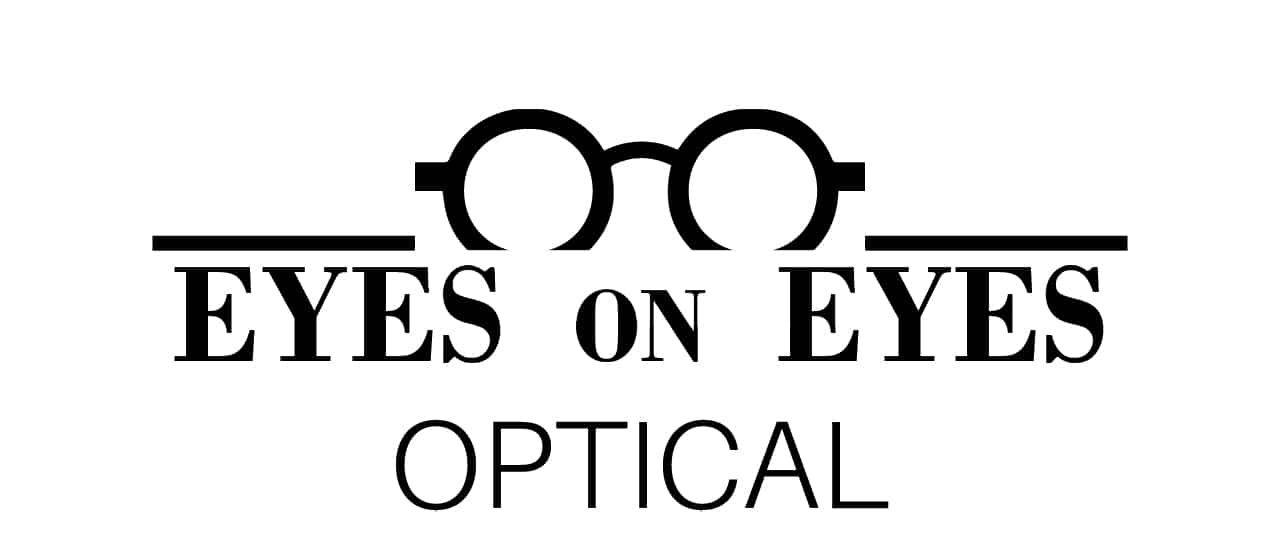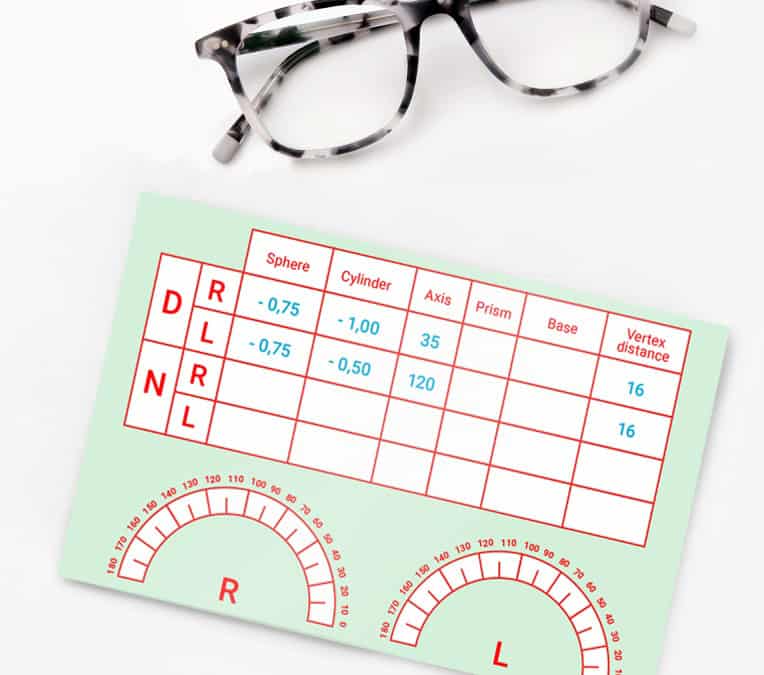HOW TO CARE FOR CONTACT LENSES
It is an exciting time for many patients to start using contact lenses instead of glasses. Many patients love the activities they can enjoy without worrying about glasses. Even though there are many benefits of wearing contact lenses, you might be facing a risk of eye infection if you fail to care for the contacts. If you decide to wear contact lenses, you also need to have a pair of glasses as well. Please keep in the mind that contact lenses are not for 24/7. In our office, we provide Contact lens training. If you choose to wear contact lenses, then it is important to follow these tips:
Select Lenses
Do you worry about your diligence to clean and care for your contact lenses every day? If you aren’t consistent with hygiene habits, then you might consider disposable lenses instead of weekly or monthly contacts. With disposable lenses, you don’t need to worry about regular cleaning because the lenses are discarded after they are used.
Clean the Lenses Daily
- Before you touch contact lens, wash and rinse your hands with soap and warm water. ...
- Dry your hands with a clean, lint-free towel.
- If you use hair spray, use it before you put in your contact lens. ...
- Also put on eye makeup after you put in your contact lenses. ...
- Always store the lenses in fresh contact lens solution.
- Never put tap water directly on your lenses. Even distilled water can be home to nasty little bugs that can cause an infection or hurt your vision.
- Never put a contact in your mouth to rinse it.
- Clean each contact this way: Rub it gently with your index finger in the palm of your other hand. Lightly rubbing your contact removes surface buildup.
- Clean your lens case every time you use it. Use either sterile solution or hot tap water. Let it air dry
Do’s and Don’ts with your contact lenses
- Wear your contact lenses each day only as long as your doctor recommends.
- Never wear someone else’s contacts, especially if they’ve already been worn. Using other people's contact lenses can spread infections or particles from their eyes to yours.
- Never wear someone else’s contacts, especially if they’ve already been worn. Using other people's contact lenses can spread infections or particles from their eyes to yours.
- Don’t sleep with your contacts. When your eyelids are closed, your tears don’t bring as much oxygen to your eyes as when they’re open.
- Don't let the tip of solution bottles touch other surfaces, like your fingers, eyes, or contacts. Any of them can contaminate the solution.
- Wear sunglasses with total UV protection when you’re in the sun. Contacts can make your eyes more light-sensitive.
- Use an eye drop or plain saline solution or whatever your doctor recommends -- to keep your eyes moist.
- If you accidentally insert your contacts inside out, don’t worry. It won’t hurt your eye. You can
- If your eye gets irritated, take your contacts out. Don’t use them again until you’ve spoken to someone at your doctor’s office about the problem. If you keep wearing them, your eye could get infected. When you do start to wear contacts again, follow your doctor's instructions to prevent an infection.
- Go to your eye doctor right away if you have any sudden vision loss, blurred vision that doesn’t get better, light flashes, eye pain, infection, swelling, unusual redness, or irritation.
- Don’t swim with your contacts in. Goggles are better than nothing, but there’s still a chance you could get a serious infection if you wear contacts in a pool, or worse, in a lake.
Replace Your Contact Lens Case
Make sure to keep the contact lens case clean. It is a good idea to replace the case every three months. If you need a new contact lens case, then you are welcome to stop by our Maple Optometrist office to get a replacement.
Talk to our opticians to learn the proper replacement timeline for your contact lenses. Don’t make the mistake of wearing the lenses longer than recommended because you will increase the risk of an eye infection.
Regular Eye Exams
Keep in mind that your prescription will change with time. So, it is a good idea to visit your eye doctor annually to get a new prescription. This appointment is a great time for the doctor to examine your eyes and identify any early signs of eye disease.
Is it time for you to visit an eye doctor? Schedule an appointment with our team of optometrists.
Our Maple Optometrist office is located in 9929 Keele street, Maple, L6A 1Y5. To Book for an eye exam or to book for contact lens training, please call 905-832-6262
What is an eyeglass prescription?
An eyeglass prescription is a prescription written by a vision professional and authorizes a licensed optician to provide eyeglasses to you. An eyeglass prescription can be issued only by an optometrist or a physician, who may be an ophthalmologist. In Ontario, only optometrists, physicians and opticians are authorized to sell prescription eyeglasses. If the eye exam indicates that corrective lenses are necessary, the prescriber generally writes a prescription for an optical device. The parameters indicated on the prescription include the dioptric power of each lens to be made in order to correct the visual blur.
The prescription you are provided with by the optometrist is based on the information retrieved from your eye examination. In order to accurately determine how your vision can be corrected, the optometrist will consider:
- your overall health history, family history and your day to day visual demands
- how your eyes work together
- the general health of your eyes
- the lenses required for you to achieve the best vision and focus
Prescriptions given after an eye examination may vary from time to time depending on the measurements taken by the optometrist. Minor variations in the prescription are normal and may not affect the way you see.





